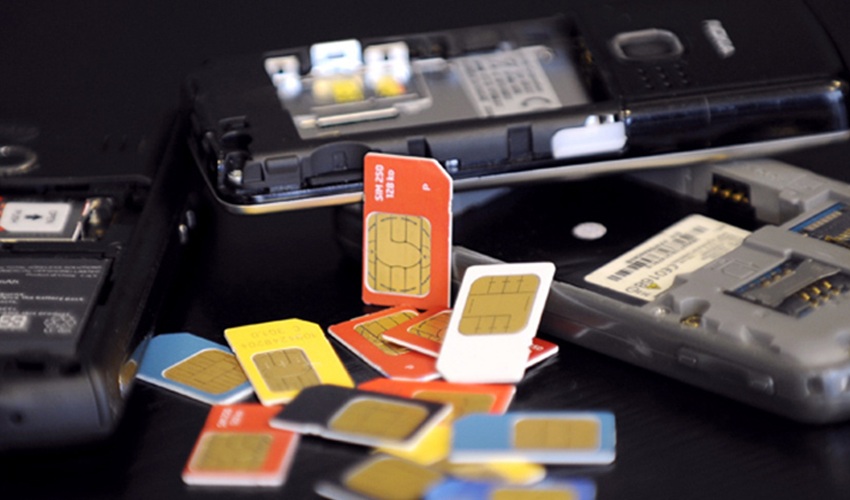Mohsin Siddiqui (Chief Reporter)
In a move that has sparked widespread discontent, the Federal Board of Revenue (FBR) has begun blocking mobile SIM cards not only of non-filers but also of those who have duly filed their income tax returns. This unexpected action has left many tax filers, including salaried individuals and overseas Pakistanis, struggling to restore their communication services despite complying with tax regulations.
Previously, the FBR targeted non-filers, individuals who had not submitted their income tax returns, by blocking their mobile SIM cards. This initiative was aimed at encouraging compliance with tax laws. However, the latest actions have extended this measure to tax filers, causing considerable confusion and frustration among law-abiding citizens. Despite having submitted their tax returns, many filers find their SIM cards blocked and their attempts to resolve the issue through the FBR proving futile.
According to various sources, the issue stems from the FBR’s instructions to telecom companies to block SIM cards without adequate verification of the individuals’ tax status. Telecom sources have confirmed that authorities are issuing orders to block SIMs en masse, leading to wrongful disconnections. This blanket approach has led to numerous cases where filers, who submitted their returns as early as October 2023, have found their mobile services disrupted.
The problem is not confined to residents of Pakistan. Overseas Pakistanis, who rely on their Pakistani mobile numbers for various transactions and communications, are also facing SIM blockages. These individuals, despite being diligent about their tax obligations, are caught in the same net as non-filers, further complicating their ability to manage affairs back home.
Despite providing proof of their tax return submissions, many affected individuals report that their SIM cards have not been restored. The FBR’s demand for salaried individuals to submit their tax returns for 2024, which are not due until June 30, 2024, has added to the confusion. This premature requirement has led to widespread criticism and calls for the FBR to rectify its approach.
The FBR had previously restored 7,167 SIM cards of non-filers who subsequently submitted their tax returns, indicating a willingness to reverse the blocks upon compliance. However, the recent blanket directive to block SIMs has raised questions about the consistency and fairness of the FBR’s enforcement measures. Telecom companies have been instructed to block SIMs of 65,000 non-filers, and there are plans to expand this to a list of 566,671 non-filers gradually.
The blocking of mobile SIMs has significant implications for affected individuals. Mobile phones are essential for daily communication, banking, business transactions, and emergency situations. The abrupt disconnection has not only disrupted personal lives but also impacted professional and business activities, causing widespread inconvenience and economic repercussions.
Critics argue that the FBR’s current strategy of blocking SIMs indiscriminately is counterproductive and highlights the need for a more balanced and targeted approach. Ensuring compliance with tax laws is crucial, but it must be balanced with protecting the rights and conveniences of those who are compliant. A more nuanced approach would involve better verification processes before taking punitive measures.
The FBR’s actions also raise legal and regulatory concerns. The indiscriminate blocking of SIM cards without thorough verification could be seen as overreach, potentially leading to legal challenges. Ensuring that actions are legally sound and do not infringe on citizens’ rights is essential for maintaining public trust and confidence in the tax system.
Moving forward, it is imperative for the FBR to review its current measures and develop a more efficient system for distinguishing between filers and non-filers. Implementing robust verification processes before blocking SIMs could prevent the wrongful disconnection of compliant individuals. Additionally, establishing clear communication channels for affected individuals to resolve issues swiftly would help mitigate the negative impact on their lives.




